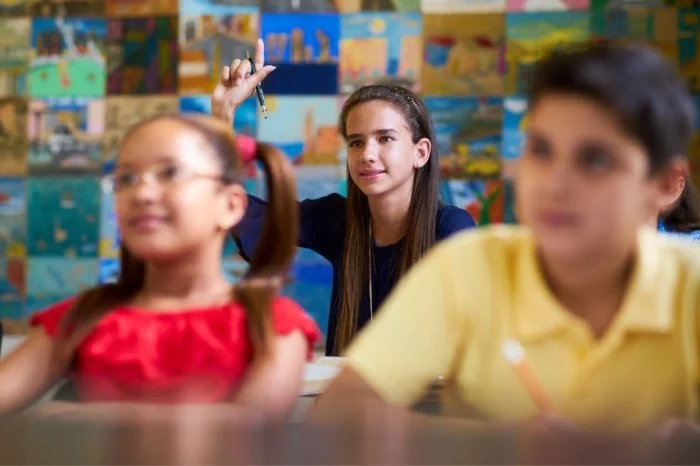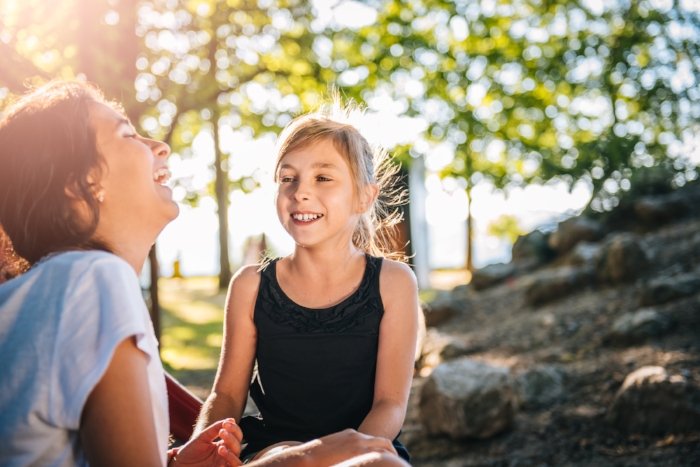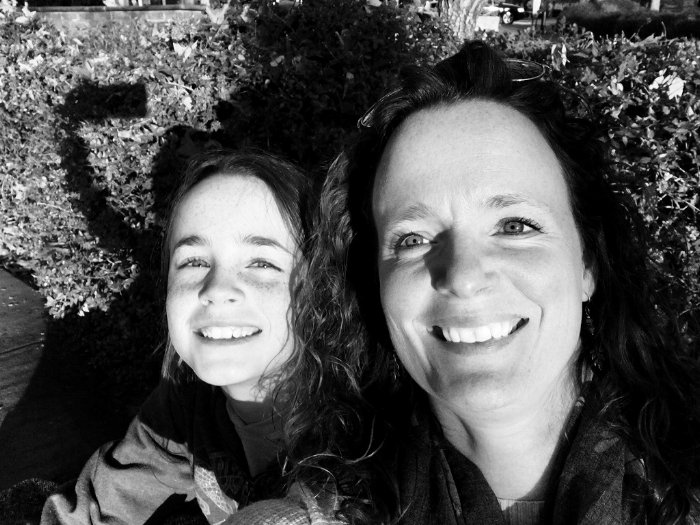Cliques and Cruelty: Girls Empowered Against Bullying
By Clemson University
The movie, and now Broadway play, Mean Girls is based on the premise that girls bully. No doubt you have heard a girl or woman at some point in your life say, “Boys are easier to get along with” or “Girls cause too much drama.” We are here today to both dispel that notion as a universal truth, and to give you some information and tools for handling bullying if and when it does happen.
We all want to fit in with a group of friends. Feeling connected to other girls and women helps us feel like we are normal and we belong. When these relationships are positive and healthy, we feel good. But when conflict arises, it can be confusing and painful. It is important to note that not all problems in relationships are bullying. Conflicts and disagreements are normal in everyday life. Bullying is not and should not be treated as acceptable. When someone uses their power (physical or social) to hurt another person on purpose and repeatedly, that is bullying.
It can involve using mean words, spreading rumors, physical intimidation, or even excluding someone from a group. It can happen in person or online. People who are bullied might feel hurt, angry, depressed, alone, and afraid. Bullying can have serious consequences for everyone involved, even the person who bullies.
How often does bullying happen?
According to the Olweus Bullying Prevention Program Bullying in U.S. Schools Status Report, about 17 percent of students admit to being involved in bullying; 14 percent of kids report being bullied, while 5 percent report bullying others. A smaller group, about 3 percent, report both being bullied and bullying others.
More students report being bullied in elementary school than in middle or high school, while the percentage of students who report bullying others stays pretty stable from elementary through high school. It is possible that victims of bullying in middle and high school aren’t reporting it because they are afraid or embarrassed. That is one of the reasons learning about bullying is important, so that students being bullied feel comfortable getting the help they need and other students are aware of the problem and willing to stand up for their classmates.
What about girls and bullying?
The most common ways girls say they are bullied is:
through mean words,
the spreading of rumors,
being left out.
Cyberbullying, although very hurtful and often complicated, is not the most common type of bullying but is more likely to happen to girls as they get older. Although boys say they’re most often bullied by other boys, girls report being bullied by both girls and boys.
Do girls who are bullied usually tell someone?
Girls are more likely than boys to tell friends or family members when they’ve been bullied. But it’s less likely that girls will tell an adult at school. It’s important to note that that about 1 out of 4 girls don’t tell anyone they’ve been bullied even though reporting bullying, especially to an adult, is very important. If girls are being mistreated at school and no one knows, they will more likely feel isolated, overwhelmed, and alone.
What kind of harm does bullying cause?
Bullying behavior has consequences for the person who is bullying, the person being bullied, and the bystanders who see it or know it is happening. These effects can even last into adulthood. Bullying often leads to depression, anxiety, unexplained illnesses, difficulties in school, and academic problems. The stress involved in being targeted in the school where you are supposed to be safe and focused on learning, can derail a girl’s ability to be successful. For girls who are bullied, it is critical for them to understand that they are not to blame for what happened. Girls who blame themselves may end up with significantly worse consequences.
So, what can we do if we’re part of an unhealthy bullying situation?
Girls can be empowered to prevent and safely intervene when bullying does occur. Take some time to think about these questions: Have I ever been involved in a bullying situation? Has someone ever hurt me on purpose? Did it happen once, or over and over again? Have I ever been unkind to someone else by using harsh words, gossiping, or sharing a mean text? Have I ever witnessed bullying and done nothing? Do a self-evaluation. Think about how you handled the situation and what you could have done differently.
If you find that you have gotten caught up with a group of friends that excludes, spreads rumors, or engages in other bullying behaviors, what can you do? According to a Youth Voice Project involving 13,000 students, the most helpful strategies for students to use were:
Tell an adult at home
Tell a friend
Tell an adult at school
Make a joke about it to help myself feel better
Remind myself it is not my fault (teenagers only)
Pretend it didn’t bother me (high school students only)
Girls who may be bullying others also have an important role to play in prevention. Begin by monitoring your behavior. Are your words and actions playful teasing or bullying? Are you harassing, teasing, or spreading gossip? Simply saying “it is okay, we are friends” or “I was just kidding”, does not make a behavior okay. What can you do differently to treat others with respect? If you are being bullied, do not allow that to push you into mean behavior. Get a teacher, parent, or other responsible adult to help.
At the end of Mean Girls, we see all the girls grow. The unhealthy cliques disband as each girl learns more about who she really is and embraces it. Why wait? Avoid participating in any bullying including degrading talk about other girls. Try to help your friends see the harm they are doing and encourage them to support each other. You might be surprised at how many of the girls haven’t felt comfortable with the unkind behavior but were too afraid to speak up. Be a leader; be brave; and be kind. If this doesn’t work, you may need to evaluate whether you want to be a part of a group of mean girls.
Our encouragement to you is, don’t pretend to be anyone or anything you are not. Try new things, learn and discover who you are and what you like. Once you feel confident in yourself, no amount of mean words, rumors, or exclusion can lessen your self-worth. Girls are not too dramatic and boys are not easier. True friendships involve emotions and take work. They are worth it, and so are you!
About the Authors
Olweus Bullying Prevention Program
Clemson University
Jan Urbanski, EdD, is the Director of Safe and Humane Schools within the Department of Youth, Family and Community Studies at Clemson University where she oversees the Olweus Bullying Prevention Program (OBPP) and related initiatives focused on reducing bullying and violence.
Jane Riese, L.S.W., is the Associate Director of Safe and Humane Schools and one of the developers of certification training for the Olweus Bullying Prevention Program at Clemson University. She is co-author of OBPP print and online program materials and has provided training in the U.S. and abroad.
Jane has worked in the fields of victim services and restorative practices and is a certified facilitator of Trauma Center Trauma-Sensitive Yoga.
Emily Schafer is founder and former Executive Director of 3Degrees Mentoring, an evidence-based Spartanburg, SC nonprofit that trains committed adults to show up and speak in to the lives of children in poverty. Previously, Emily and her husband Brandon, who have been married 15 years and have 2 biological children.
They pioneered a program with the city of Virginia Beach for teenage girls in foster care with exceptionally high needs. Emily was transformed by the experience of mothering ten traumatized daughters. She speaks a little Russian from her time as a therapist and teacher in Ukraine, holds an MA in Clinical Psychology from Wheaton College, and loves celebrating every person's journey toward wholeness. She enjoys reading, running, snuggling babies and traveling (25 countries and counting!). She hates racism and injustice. Emily is currently a PhD candidate in International Family and Community Studies at Clemson University where she studies bullying, childhood trauma, and resilience.





